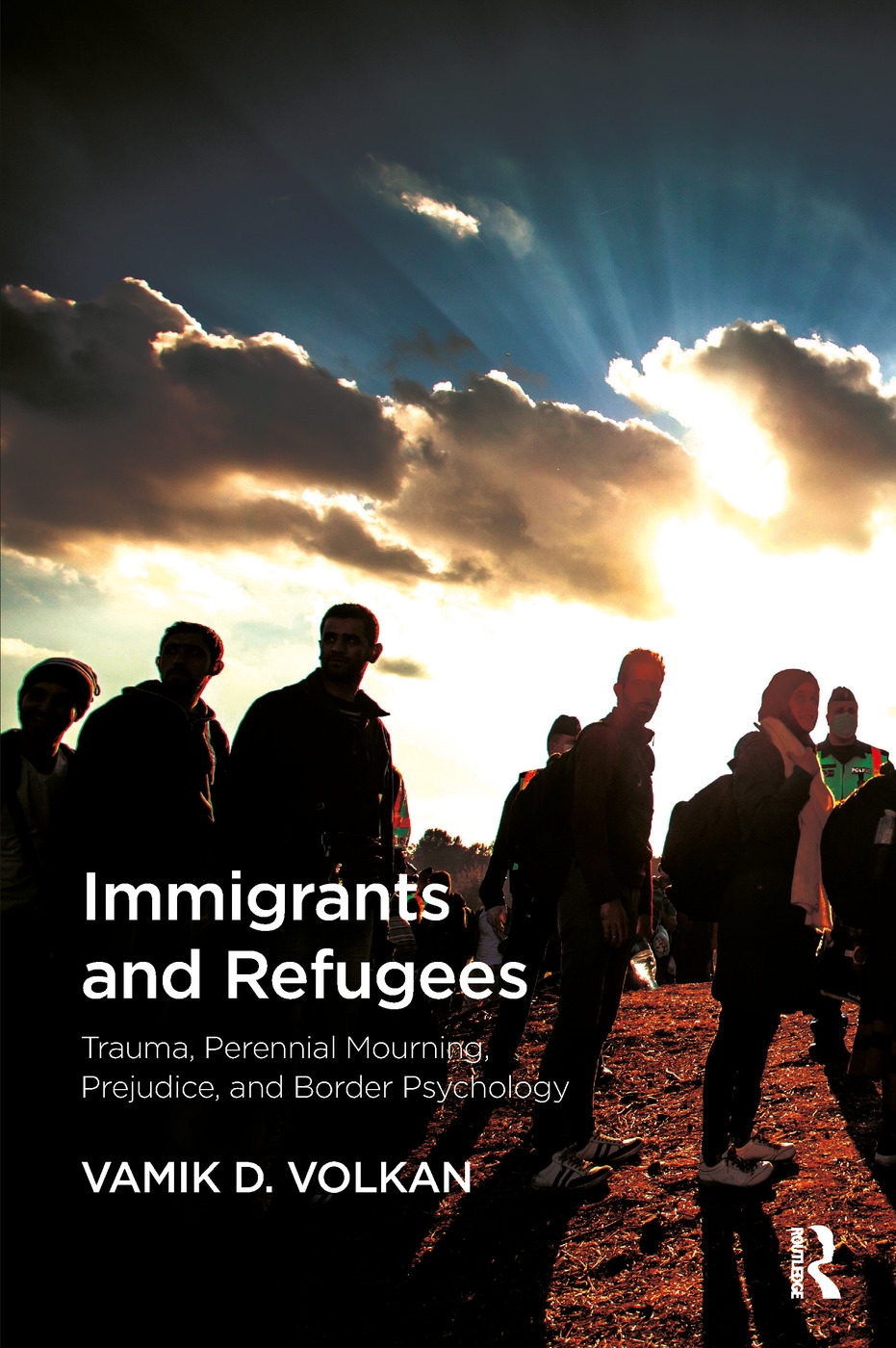There are political, economic, legal, medical, cultural and religious aspects of the present refugee crisis in Europe. Difficulties in border crossings, settlement programs, life-saving issues and security measures present themselves immediately. The refugee crisis also needs to be examined from a psychological view point. Changes in the 21st Century are occurring at an unprecedented pace and scale. Globalization, incredible advances in communication technology, fast travel, recourse limitations, terrorist activities and now the refugee crisis in Europe make psychoanalytic investigation of the Other a major necessity.
In Part I, case examples illustrate the impact of traumatic experiences, age-factors, large-group identity issues, and trans-generational transmissions. The meanings of the newcomers’ utilization of linking objects and linking phenomena are explored. Part II focuses on the host countries. A detailed description of the evolution of prejudice, especially collective prejudice, against the Other is provided. Also, the psychology of borders is presented. The importance of psychoanalysts’ experiences in examining societal and political matters and their search for ways to communicate their findings to other mental health workers, educators, professionals dealing with refugee crises, and the public in general, are addressed throughout the book.
| FindBook |
有 1 項符合
Immigrants and Refugees: Trauma, Perennial Mourning, Prejudice, and Border Psychology的圖書 |
 |
Immigrants and Refugees: Trauma, Perennial Mourning, Prejudice, and Border Psychology 作者:Vamik D.,Volkan 出版社:Karnac Books 出版日期:2017-01-19 語言:英文 規格:平裝 / 15.9 x 23.5 x 1.3 cm / 普通級 |
| 圖書館借閱 |
| 國家圖書館 | 全國圖書書目資訊網 | 國立公共資訊圖書館 | 電子書服務平台 | MetaCat 跨館整合查詢 |
| 臺北市立圖書館 | 新北市立圖書館 | 基隆市公共圖書館 | 桃園市立圖書館 | 新竹縣公共圖書館 |
| 苗栗縣立圖書館 | 臺中市立圖書館 | 彰化縣公共圖書館 | 南投縣文化局 | 雲林縣公共圖書館 |
| 嘉義縣圖書館 | 臺南市立圖書館 | 高雄市立圖書館 | 屏東縣公共圖書館 | 宜蘭縣公共圖書館 |
| 花蓮縣文化局 | 臺東縣文化處 |
|
|
圖書介紹 - 資料來源:博客來 評分:
圖書名稱:Immigrants and Refugees: Trauma, Perennial Mourning, Prejudice, and Border Psychology
|











